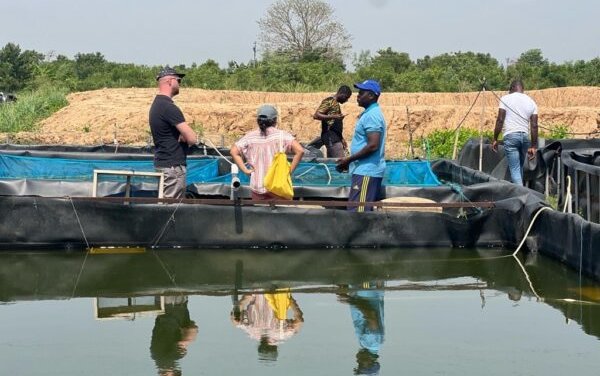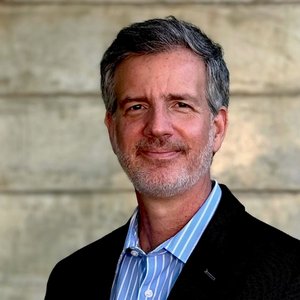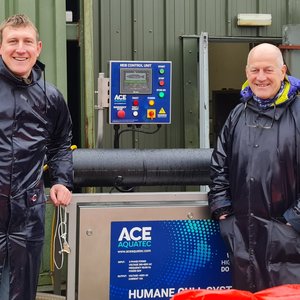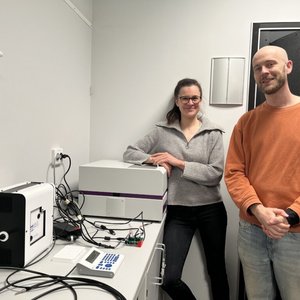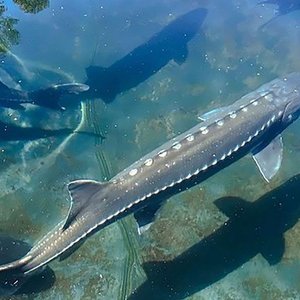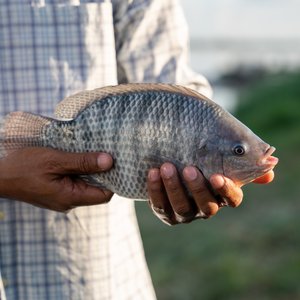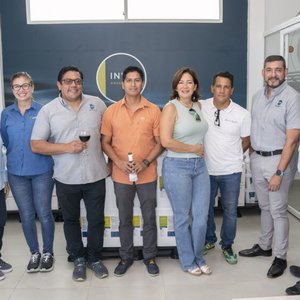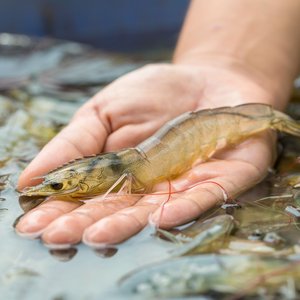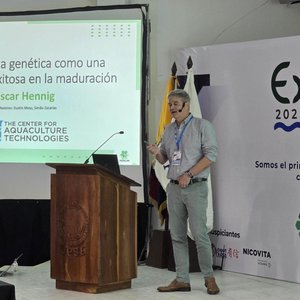Aquaculture Stewardship Council joined scientists and policymakers from across Ghana, the United Kingdom, Senegal, Sierra Leone and Nigeria at the One Health Aquaculture workshop held in Accra, Ghana to discuss the potential and benefits of developing responsible aquaculture across the region.
ASC head of the Improver Programme, Roy van Daatselaar, joined the event to talk about how responsible aquaculture can drive and support the blue food initiative in the region. “We are proud to support the Blue Foods Partnership (BFP) in Ghana and work towards the collective improvement of aquaculture as part of responsible food systems. Ghana is a frontrunner in Africa when it comes to professionalizing and transforming its local aquaculture industry. Through collaboration, investments and research, the potential to contribute to the regional food security agenda is promising. Responsible aquaculture is key in this vision and ASC is happy to support the industry in Ghana towards success.”
The workshop was organized by the UK government’s Department for Environment, Food and Rural Affairs (Defra) Ocean Country Partnership Programme and their program partner CEFAS, in collaboration with the World Economic Forum’s Blue Food Partnership Ghana Initiative with their leading local partner, the Chamber of Aquaculture Ghana.
The Chamber of Aquaculture’s CEO, Jacob Adzikah said that “the ASC meeting provided a unique opportunity for the members of the Chamber, Blue Food Partnership Ghana Initiative and other stakeholders to understand the ASC certification process, its benefits, and its impact on sustainability. The presentation by the ASC team was excellent. This was one of the best networking events organized by the Chamber of Aquaculture.”
Some of the key issues that were highlighted during the workshop include environmental and social issues, as well as new technologies that can help in improving safety in aquaculture production and fish health management practices. The workshop also discussed how a Seafood Risk Tool can be applied to identify and manage chemical and pathogen hazards across the supply chain.


